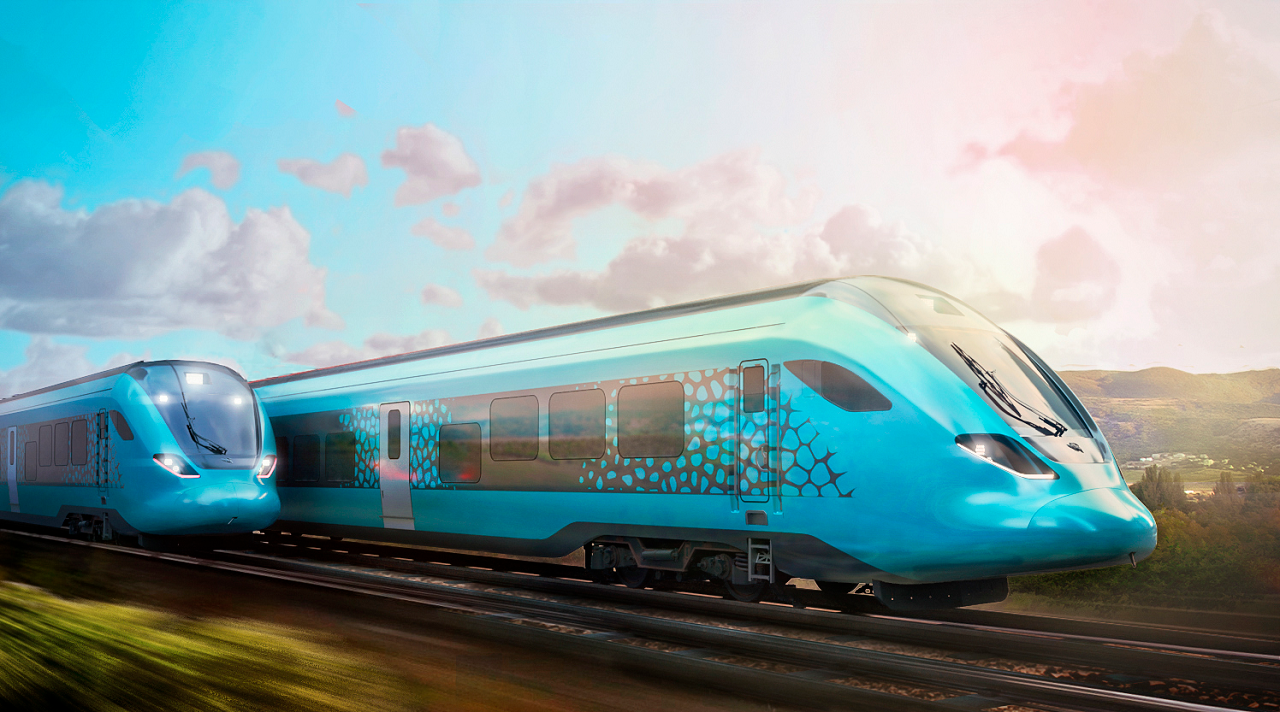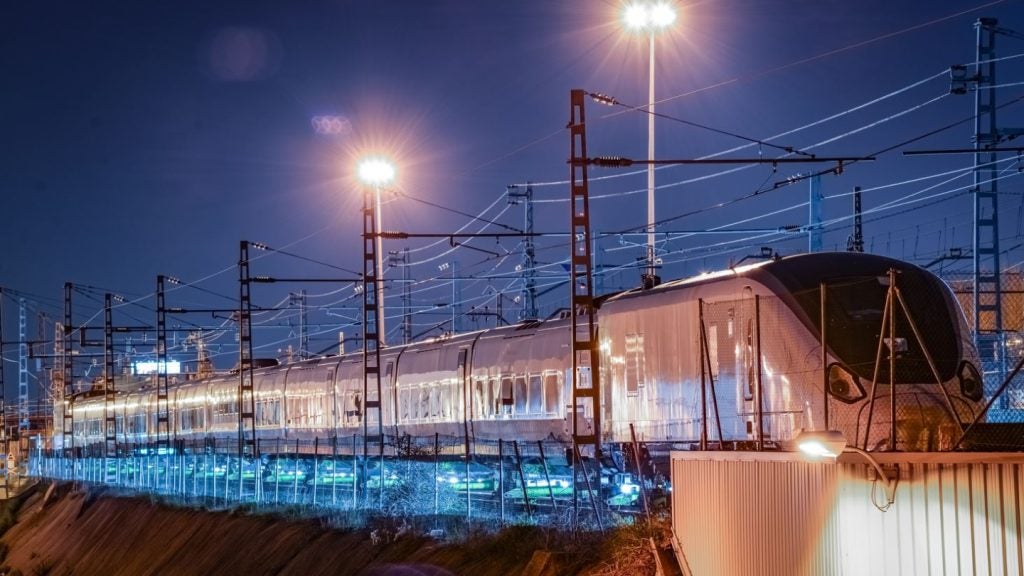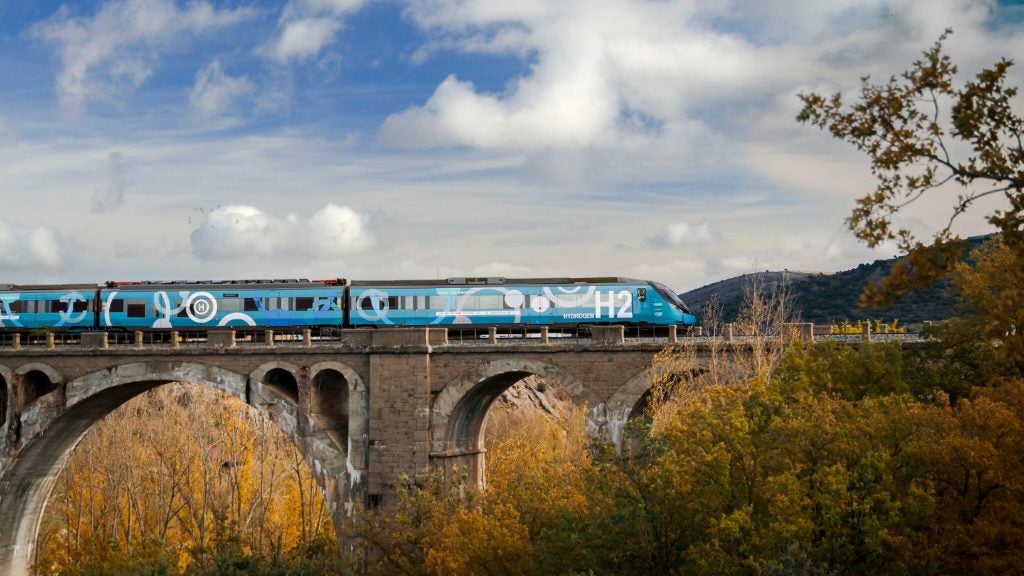
Spanish train manufacturer Talgo has announced that its hydrogen trains will be ready by 2023, which will eventually replace diesel locomotives.
The company said that the new Talgo Vittal-One hydrogen trains will enter the first phase of testing next year.
Talgo CEO José María Oriol said: “Green hydrogen is no longer the future, it is a reality. The start-up of hydrogen trains such as the one Talgo is developing will improve mobility in our country hand in hand with the environment, as it will make it possible to take advantage of non-electrified Spanish lines while reducing the carbon footprint.”
After completion of the testing phase, the hydrogen technology will be deployed on the new train in a second manufacturing phase, which is expected to take place between 2021 and 2023.
Talgo explained that its new system will be powered by hydrogen batteries and provide energy to the train’s electric motors.
The hydrogen is produced from renewable energy sources, which is stored and later used to power advanced propulsion systems based on fuel cells such as the one designed by Talgo.
How well do you really know your competitors?
Access the most comprehensive Company Profiles on the market, powered by GlobalData. Save hours of research. Gain competitive edge.

Thank you!
Your download email will arrive shortly
Not ready to buy yet? Download a free sample
We are confident about the unique quality of our Company Profiles. However, we want you to make the most beneficial decision for your business, so we offer a free sample that you can download by submitting the below form
By GlobalDataThe manufacturer further added that the new technology has been designed to suit all types of trains and specifically for the Vittal platform for Cercanías and Media Distancia, with which the company participates in various processes bidding in Spain, as well as other countries.
Details about the new train were unveiled by Talgo at an event called ‘Renewable hydrogen: an opportunity for Spain’.
The event was organised by the Ministry for the Ecological Transition and the Demographic Challenge.






